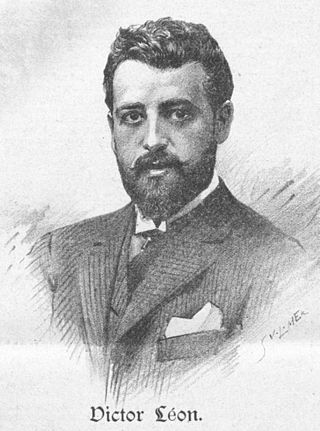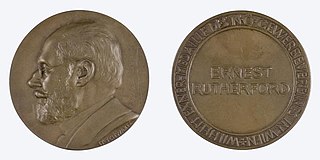
Karl Farkas was an Austrian actor and cabaret performer.

Cinema of Austria refers to the film industry based in Austria. Austria has had an active cinema industry since the early 20th century when it was the Austro-Hungarian Empire, and that has continued to the present day. Producer Sascha Kolowrat-Krakowsky, producer-director-writer Luise Kolm and the Austro-Hungarian directors Michael Curtiz and Alexander Korda were among the pioneers of early Austrian cinema. Several Austrian directors pursued careers in Weimar Germany and later in the United States, among them Fritz Lang, G. W. Pabst, Josef von Sternberg, Billy Wilder, Fred Zinnemann, and Otto Preminger.
Wien-Film GmbH was a large Austrian film company, which in 1938 succeeded the Tobis-Sascha-Filmindustrie AG and lasted until 1985. Until 1945 the business was owned by the Cautio Trust Company, a subsidiary of the German Reichsfilmkammer, and was responsible for almost the entire production of films in the territory of the Ostmark, as Austria was called at that time.
Julius von Borsody was an Austrian film architect and one of the most employed set designers in the Austrian and German cinemas of the late silent and early sound film periods. His younger brother, Eduard von Borsody, was a film director in Austria and Germany. He is also the great-uncle of German actress Suzanne von Borsody.

Victor Léon, also Viktor Léon was a well-known Jewish Austrian-Hungarian librettist. He collaborated with Leo Stein to produce the libretto of Franz Lehár's romantic operetta The Merry Widow.
Members of the Bavarian Maximilian Order for Science and Art, awarded to acknowledge and reward excellent and outstanding achievements in the fields of science and art. It is based in Bavaria, Germany.

The Wilhelm Exner Medal has been awarded by the Austrian Industry Association, Österreichischer Gewerbeverein (ÖGV), for excellence in research and science since 1921.
Rudolf Österreicher, also Rudolf Oesterreicher, was an Austrian writer, librettist, comedy author, author of cabaret texts and biographer. From 1945 to 1947 he was director of the Wiener Stadttheater.

Bekenntnis der Professoren an den Universitäten und Hochschulen zu Adolf Hitler und dem nationalsozialistischen Staat officially translated into English as the Vow of allegiance of the Professors of the German Universities and High-Schools to Adolf Hitler and the National Socialistic State was a document presented on 11 November 1933 at the Albert Hall in Leipzig. It had statements in German, English, Italian, and Spanish by selected German academics and included an appendix of signatories. The purge to remove academics and civil servants with Jewish ancestry began with a law being passed on 7 April 1933. This document was signed by those that remained in support of Nazi Germany.





